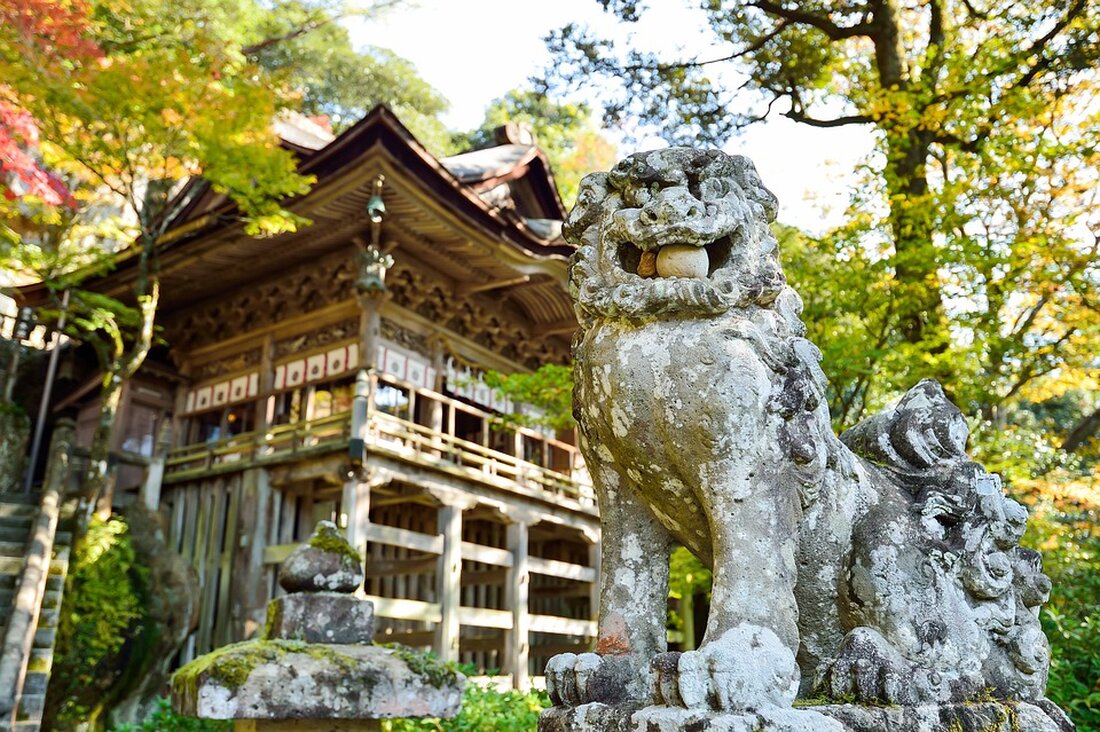Japan forms a task force for dealing with foreigners
Japan has launched a task force to deal with the challenges of foreign citizens, while the election campaign nervousness is increasing. Learn more about the background and political implications.

Japan forms a task force for dealing with foreigners
Japan has worked hard to attract foreigners to revitalize its stagnating economy. However, the increasing perception that there are too many foreign residents has led to the formation of a new task force. This happens in the run -up to the upcoming national elections on Sunday, since the competition for votes increases.
political agenda and refugee issues
The topic is anchored in the political agenda in the run -up to the elections to the upper house, partly due to a splinter party that promotes "Japan first" policies, which is an allusion to the nativeist rhetoric of the former US President Donald Trump.
creation of the task force
Prime Minister Shigeru Ishiba launched the Taskforce on Tuesday, which is officially referred to as an office to promote a society of harmonious coexistence with foreign nationals. He referred to "crimes or harassment committed by some foreign nationals", as well as the "inappropriate use of different" government systems.
demographic challenges in Japan
The fourth largest economy in the world has a long history of strict immigration policy and a strong cultural tendency to isolationism. With a rapidly aging population and falling birth rates, however, Japan has gradually opened his doors to foreign workers and tried to win more international tourists. Experts warn that a withdrawal behind the walls could tighten the demographic crisis and endanger the tourism industry.
tasks of the new Taskforce
Ishiba describes the new office as a “command network” that coordinates guidelines for both Japanese citizens and foreigners. The areas that are covered include immigration, rural purchases by foreigners and non -paid social security contributions. He promised to "take hard measures against those who do not adhere to the rules." Specifically, the government plans to deny access to Visa or return to the country with unpaid medicinal bills.
frustration among the Japanese population
Although the number of foreign residents in Japan has increased from 2.23 million to 3.77 million in the past ten years, they still only make up 3 % of the total population of over 120 million. The increase in tourism has been more striking in recent years, especially since the Covid 19 pandemic.
According to the Japan National Tourism Organization, 21.5 million foreign tourists Japan visited in the first half of this year. This annoyed many residents, whose life was disrupted by the rush of tourists who were looking for sightseeing, purchases or photo options in their districts.
public complaints and economic challenges
This situation led the authorities to temporarily block a popular viewpoint to the Fuji from Convenience Store in order to comply with the inquiries from the residents after less overcrowding. Hot-bathing resort areas also had to warn of falling water levels, while visitors demanded private baths. Some make tourists responsible for driving up the inflation rate as a result of overload and contributing to a lack of certain foods, including rice, the most important staple food.
prejudices against immigrants
A pensioner from Tokyo who used to work at a trading company said that he believes that foreign workers would take the jobs away from the Japanese. An example: "They came to Japan because they could not make ends meet in their countries," said the 78-year-old anonymously due to the delicate nature of the conversation. He believes that the cultural differences make peaceful coexistence impossible.
The image of foreigners in society
The sociology professor Shunsuke Tanabe from the Waseda University in Tokyo said that many negative beliefs about migration, such as the assumption of increasing crime, false information and misleading claims in the election campaign result. "When more and more foreigners become visible, many wrongly assume that public security is also worse," said Tanabe. He found that crime in Japan has dropped in the past 20 years, although there was an increase in tourists and foreign residents.
Current political developments
The Ishiba election campaign is under pressure because it focuses on anger over irresponsible foreigners and rude tourists. The smaller right party Sanseito has gained support and media attention. Although the party is unable to fight the majority, it is predicted that it could win between 10 and 15 seats, which could endanger the majority of Ishiba's liberal democratic party.
the need for foreign workers
Japan has reached a birth rate of only 1.15, which is far below the required 2.1 to keep the population stable without immigration. This means that the work population will continue to shrink in the coming decades. In order to attract foreign workers, the government has relaxed the requirements for Visa and tried to improve the conditions. In October, the number of foreign employees reached a record value with 2.3 million.
Ishiba admitted the importance that Japan remains open. "In view of the challenges of a falling birth rate and an aging population, it is crucial to integrate the vitality of the international community by accepting a certain number of foreign employees and expanding inbound tourism to ensure a smooth transition to a growth -oriented economy," he said.

 Suche
Suche
